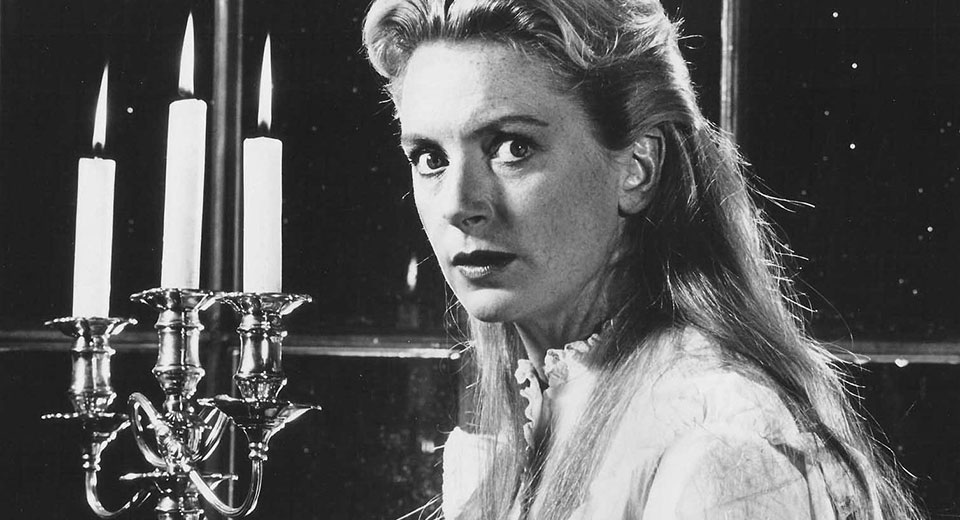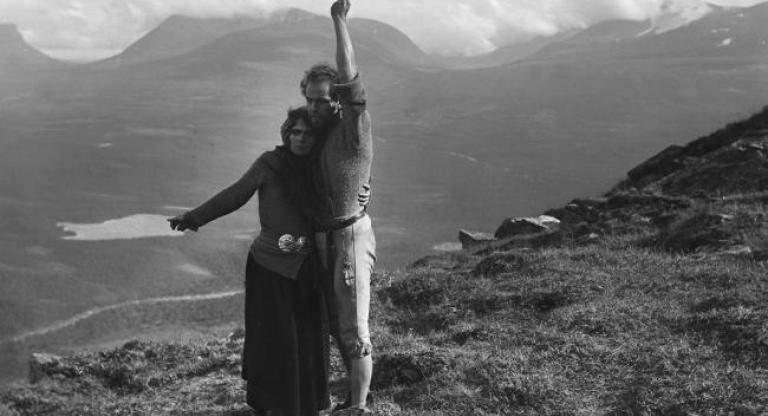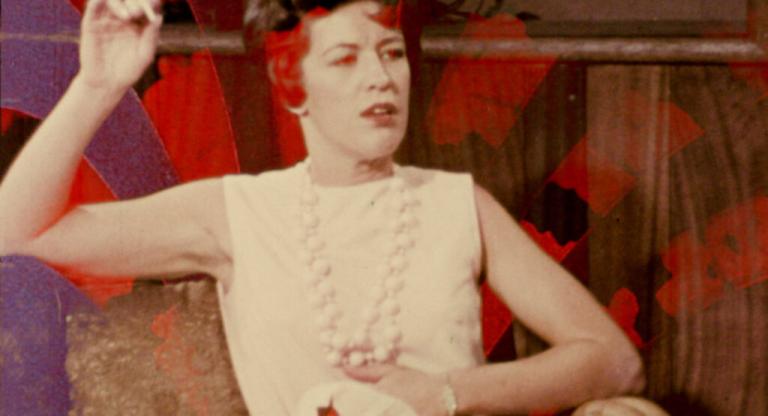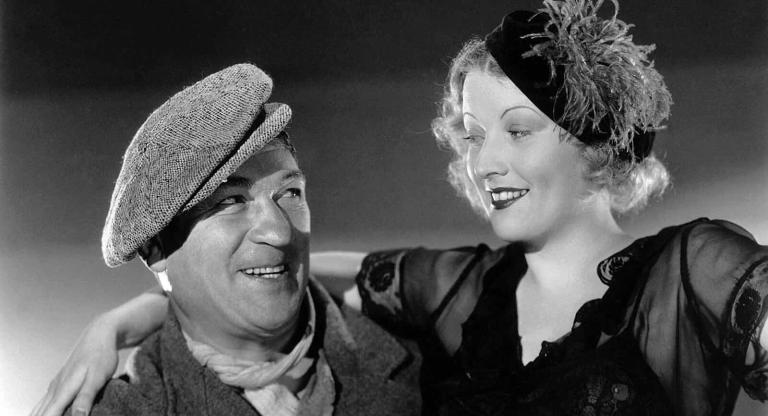
Stories of the paranormal usually collapse at the moment they throw viewers a bone. After 90 minutes wondering about a ghost’s motivations or the manner in which it can be killed, we’re treated—or so we think—to an explanation that jibes with our senses of justice and credulity. Films and stories delineate this knowledge as a salve for our existential anxieties. The methods and motivations of paranormal forces become as explicable as those of any fictional character. Wallowing in uncertainty and fear proves unbearable; humanity scores a victory against the unknown.
There’s no certainty on offer in The Innocents (1961), a technically innovative and agonizingly creepy ghost story based on Henry James’s The Turn of the Screw . Deborah Kerr plays a governess hired to parent and educate two young orphans in an empty manor. Her predecessor died mysteriously, as did the gardener. Ostensibly of sound mind, she immediately begins to suspect the children of lying and plotting as she’s confronted by hallucinated figures and faint murmurs within the cavernous home and its garden. She formulates hypotheses concerning the increasingly strange behavior of the children, convinced she can rescue them with a proper explanation. Rescue from what? Fearing the two are inhabited by doomed lovers, she attempts to save them from the agonies of sexual awakening and the concomitant dissolution of childhood. She fails to confirm or disprove this conjecture as her own sanity grows precarious.
Rarely are the direction, editing, photography and sound of any film so uniformly brilliant. Proto-psychedelic soundscapes mesh surprisingly well with stately, crisp monochrome images shot by Freddie Francis, who won two Oscars for work far less impressive. The Cinemascope frame, designed for western vistas and swashbuckling, is here compartmented by the manor’s architecture, incarcerating characters within harsh geometries. Montages simulating Kerr’s fraught nerves evoke silent film while foreshadowing New Hollywood. This disparate array of techniques—an amalgam that doesn’t work on paper—produce a cohesive film simultaneously classical and ultramodern.
Setting aside a valid claim to the title “best ghost movie ever,” The Innocents undeniably earns a less prestigious though nontrivial superlative: most gut-wrenching child scream in cinema history. Considering the film’s innovative sound design, there is room for some doubt that young actress Pamela Franklin produced the piercing shriek—her character is offscreen during the scene—which nonetheless sounds for all the world like a young girl being torn to bits. Assuming the noise is solely hers, Franklin moves past Jurassic Park’s Ariana Richards to top the list of child actor pulmonary carnage. Her lament is unmistakably youthful yet thick with a fear predicated on unwanted knowledge. The child’s nurse emerges from her chamber bemoaning the “filth” and “obscenity” issuing from her charge’s mouth. Clayton substitutes a scream for unrepeatable blasphemies, but the chilling effect is far more abhorrent than the saltiest language.


